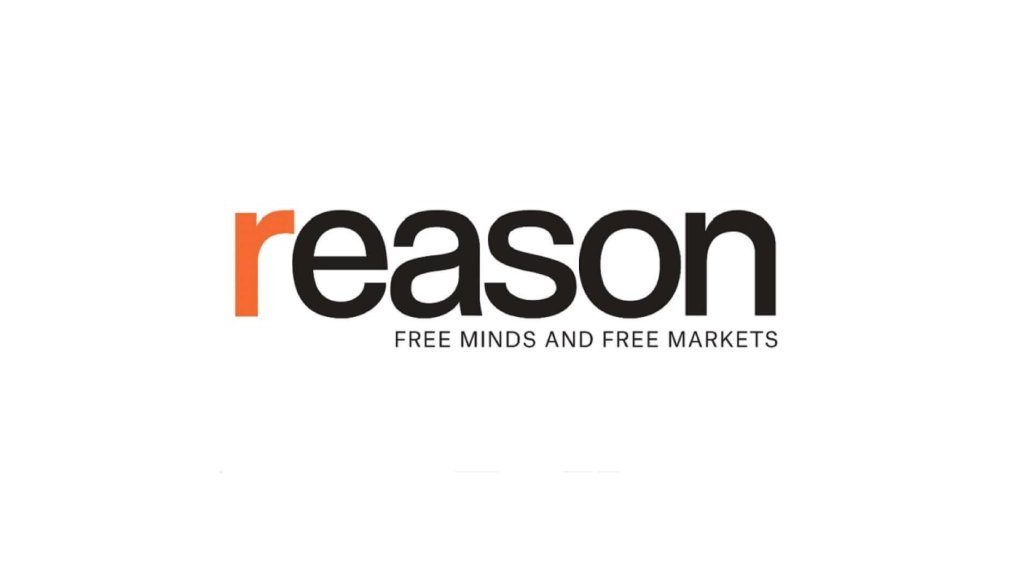Political Ignorance is an Even Worse Problem than I Thought
I’ve never been a big believer in the wisdom of voters. Indeed, I’ve devoted much of my academic career to writing about the dangers of widespread political ignorance, going all the way back to my first academic article. It was published in 1998, at a time when most experts tended to be relatively optimistic about voter competence. Since then, I published a book on the subject—Democracy and Political Ignorance – and many other articles exploring various dimensions of the problem, its implications for legal and political theory, and possible solutions.
In these works, I explained how most voters often don’t know even basic facts about the political system and government policy, and those that know more (the “political fans”), often tend to evaluate political information in a highly biased way. I also argued that information shortcuts and “miracles of aggregation” largely fail to offset ignorance and bias, and sometimes even make thing worse. Moreover, this sad state of affairs is not the result of stupidity or lack of information, but of generally rational behavior on the part of most voters: a combination of “rational ignorance” (lack of incentive to seek out political information) and “rational irrationality” (lack of incentive to engage in unbiased evaluation).
Since the rise of Trump and similar politicians in other countries, academics and political commentators have become more aware of the dangers of public ignorance. I wish I could say my own take on the subject has been vindicated. But, in one crucial respect, the Trump era has shown I wasn’t pessimistic enough.
Though I have long argued that voter ignorance and bias are serious dangers, and that information shortcuts are overrated, I also asserted that shortcuts actually work well in one important way: democratic electorates will punish politicians who cause great harm in clear and obvious ways. For example, I cited economist Amartya Sen’s famous finding that mass famines never or almost never occur under democracies, while they are all too common under dictatorship. Even ignorant and biased voters will notice a famine is going on, blame incumbent politicians for it, and punish them at the ballot box. Knowing this, democratic political leaders have strong incentives to avoid famines and other obvious disasters. And they generally do just that, at least when they have the necessary knowledge and resources (disasters can still happen if avoiding them is difficult).
“Retrospective voting”—rewarding and punishing incumbents for things that happen on their watch—often works poorly in less extreme and less clearcut cases. As explained in Chapter 4 of my book, voters often reward or punish office-holders for things they didn’t cause (most notably short-term economic trends; but also things like droughts and even sports-team victories), while ignoring some that they are in fact responsible for. But retrospective voting is a great mechanism for punishing politicians for obvious large-scale awfulness, one that works very well.
Or so I thought, along with many other scholars. But Trump proved me at least partially wrong. I was too optimistic.
Trump’s effort to use force and fraud to overturn the 2020 election was exactly the sort of obvious and blatant awfulness that retrospective voting theory predicts the electorate should decisively repudiate. Peaceful transitions of power are fundamental to democracy, and Trump’s 2020 activities struck at the very heart of this norm. Had he succeeded, it would have severely damaged the basic structure of our liberal democratic institutions. Yet a large majority of GOP voters renominated Trump again this year. And he has roughly an even chance to win the general election this year. If he goes on to lose, it will probably be by a very narrow margin, not the kind of overwhelming repudiation that would vindicate the theory.
Some people who would otherwise vote GOP are punishing Trump for his 2020 behavior by voting for Harris, or at least abstaining. Mike Pence and former GOP Rep. Liz Cheney are not alone. Thanks in part to these defectors, Trump is doing worse than a Republican nominee untainted by 2020 probably would be. But the number of such voters is much smaller than optimistic versions of retrospective voting theory would predict.
Ignorance and bias are playing a huge role in Trump’s relative success. Polls consistently show that a third or more of Americans—including a large majority of Republicans—believe Trump’s lies about the 2020 election, despite the
Article from Latest

The Reason Magazine website is a go-to destination for libertarians seeking cogent analysis, investigative reporting, and thought-provoking commentary. Championing the principles of individual freedom, limited government, and free markets, the site offers a diverse range of articles, videos, and podcasts that challenge conventional wisdom and advocate for libertarian solutions. Whether you’re interested in politics, culture, or technology, Reason provides a unique lens that prioritizes liberty and rational discourse. It’s an essential resource for those who value critical thinking and nuanced debate in the pursuit of a freer society.




